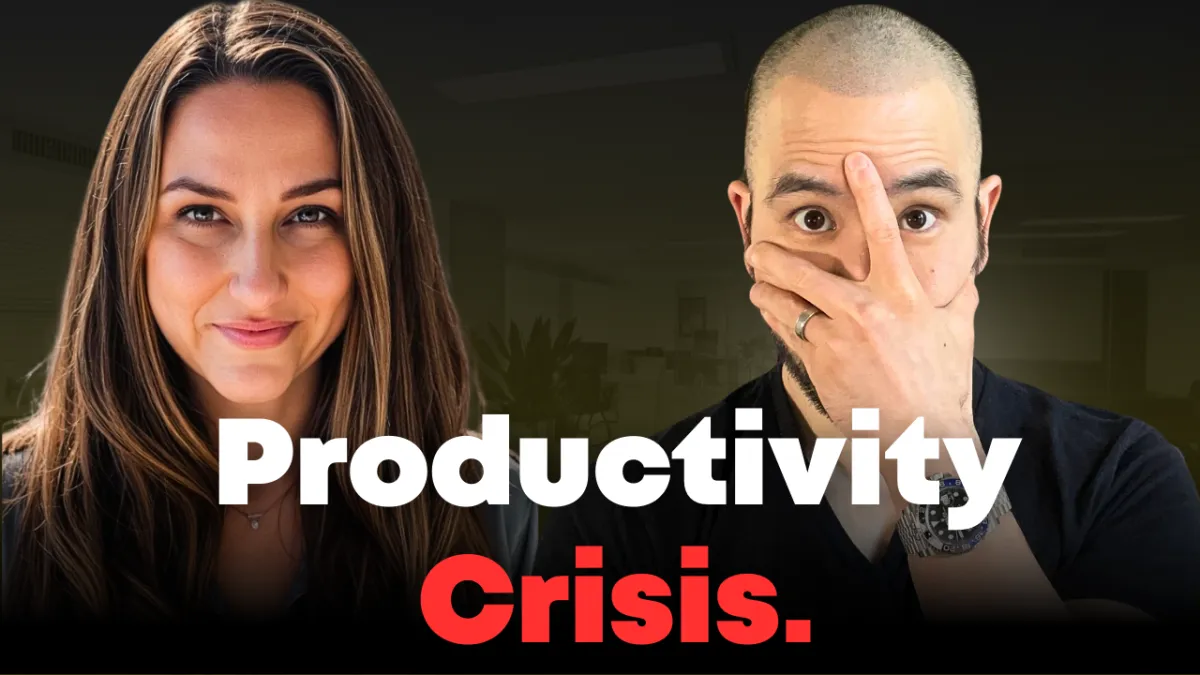
How to Make Revenue a Team Sport
"I'm not a sales leader, I'm an operator."
That's how Stephanie Valenti, Sales VP at Bill.com, describes her approach to running revenue organizations. And it's exactly why she's been successful scaling teams from PE-backed companies to billion-dollar public organizations.
𝗧𝗵𝗲 𝗢𝗽𝗲𝗿𝗮𝘁𝗼𝗿 𝗔𝗱𝘃𝗮𝗻𝘁𝗮𝗴𝗲
Traditional sales leaders speak sales language to sales people. Operators speak everyone's language to everyone.
"I've been a sales leader, I've been a COO and run the other side of departments. I've run rev ops and products and finance," Stephanie explains. "So now I have a very different approach to total go to market."
This cross-functional experience creates immediate credibility. When she walks into marketing meetings, she can dig into their business and offer real suggestions, not generic requests for "more leads."
Instead of building sales capacity models in isolation, Stephanie involves the entire executive team. "You get everyone together, show what a bottoms up model from marketing and product looks like, and say 'guys, if we do nothing, here's what's gonna happen. How do we as a team solve this problem?"
𝗧𝗵𝗲 𝗟𝗶𝗼𝗻 𝘃𝘀 𝗭𝗲𝗯𝗿𝗮 𝗣𝗵𝗶𝗹𝗼𝘀𝗼𝗽𝗵𝘆
Stephanie holds controversial views about sales team structure. She believes you're either a "lion or a zebra" - a hunter who loves the thrill of the kill, or a farmer who builds relationships over time.
"When you combine that hunter and farmer role into one, you lose the best of one side or the other," she argues.
Most people disagree, saying they can do both. Stephanie's response: "I bet you're better at one over the other. And when you're better at one thing, you want to do more of that thing. So the other side will suffer."
𝗧𝗵𝗲 𝗣𝗿𝗼𝗱𝘂𝗰𝘁𝗶𝘃𝗶𝘁𝘆 𝗖𝗿𝗶𝘀𝗶𝘀
At Bill.com, Stephanie's biggest challenge is system complexity. Reps have too many tabs open - Salesforce, outreach tools, Zoom Info, LinkedIn Navigator.
"There are too many places for reps to work. I need rep efficiency, and efficiency comes through less administrative burden and more talk time."
This reflects a broader industry problem. Salesforce reports reps spend only 30% of their time selling. Stephanie suspects it's closer to 20% at many companies.
𝗗𝗶𝗮𝗴𝗻𝗼𝘀𝗶𝗻𝗴 𝗣𝗲𝗿𝗳𝗼𝗿𝗺𝗮𝗻𝗰𝗲 𝗜𝘀𝘀𝘂𝗲𝘀
When teams miss numbers, most leaders immediately blame people. Stephanie flipped her approach.
"As a young leader, I would immediately say, it's gotta be a leadership problem. As I've grown, I actually start with the data."
Her process: analyze conversion rates, examine funnel quality, review call recordings, then move to qualitative issues like culture or training gaps.
Across every team she's led, one issue remains constant: poor discovery. "You're not good at discovery, you're not winning anything."
𝗕𝘂𝗶𝗹𝗱𝗶𝗻𝗴 𝗥𝗲𝗽𝗲𝗮𝘁𝗮𝗯𝗹𝗲 𝗢𝘂𝘁𝗰𝗼𝗺𝗲𝘀
Stephanie's formula starts with hiring people who want to follow process. "That rogue person is really good, but that is not repeatable."
Her framework: hire process-oriented people, create robust but simple processes, communicate consistently, use scorecards for accountability, and make everything easy to execute.
"If it's manual, forget it. No one's going to do it."
𝗧𝗵𝗲 𝗕𝗼𝘁𝘁𝗼𝗺 𝗟𝗶𝗻𝗲
The operator mindset transforms how revenue organizations function. Instead of sales fighting for resources, operators build systems where every department contributes to revenue outcomes.
"Revenue is a team sport, but it's up to the CRO to position it to be so."
This requires curiosity, cross-functional experience, and the humility to ask questions. The result is stronger partnerships, distributed accountability, and sustainable growth that doesn't depend solely on sales heroics.


Mail
Facebook
LinkedIn
X
Pinterest
Snapchat
Reddit